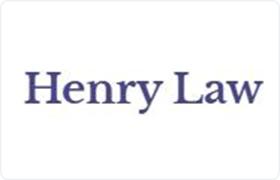New York Bankruptcy & Debt Lawyer, New York, page 4
Sponsored Law Firm
-
 x
x

Click For More Info:
-
Henry Law
825 E Gate Blvd Suite 106 Garden City, NY 11530» view mapEmployment, Bankruptcy, Criminal, FMLA, Civil The Difference.
We practice in an array of practice areas, and employ modern technology in helping you achieve your legal objectives.
800-974-2431
Patricia L. Martin-Gibbons
Adoption, Affirmative Action, Alimony & Spousal Support, Bankruptcy
Status: In Good Standing
Michael J. Semack
Corporate, Banking & Finance, Bankruptcy Litigation, Bankruptcy
Status: In Good Standing
FREE CONSULTATION
CONTACTFREE CONSULTATION
CONTACTGlenn R. Meyers
Real Estate, Bankruptcy, Personal Injury, Medical Malpractice
Status: In Good Standing
FREE CONSULTATION
CONTACTDavid Ian Pankin
Workout, Consumer Bankruptcy, Commercial Bankruptcy, Bankruptcy
Status: In Good Standing
Justin B. Blackhall
Banking & Finance, Bankruptcy, Bankruptcy Litigation, Corporate
Status: In Good Standing
 Chauncey Henry Garden City, NY
Chauncey Henry Garden City, NY Practice AreasExpertise
Practice AreasExpertise
